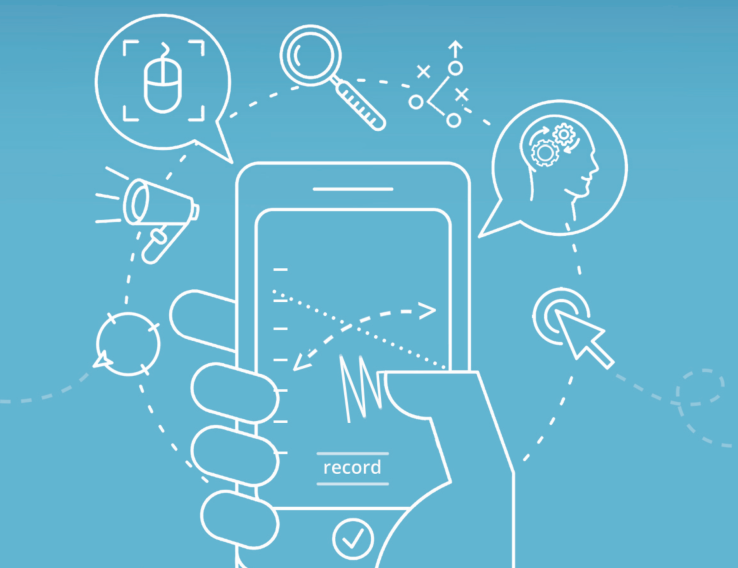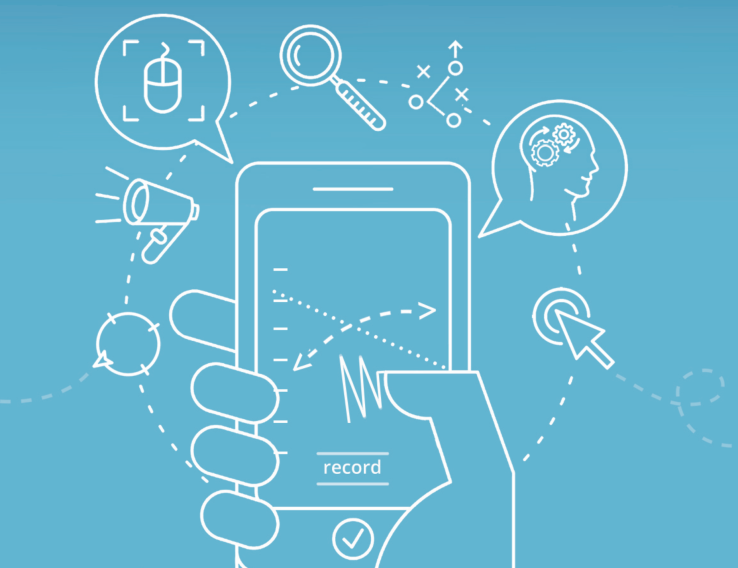
BioCatch, the U.S./Israeli startup that has developed “behavioural biometric authentication and threat detection” tech to enable banks and other high transaction companies to stop online fraud before it happens, has closed $30 million in growth funding. In what can be viewed as a mixture of strategic and pure venture backers, the round is led by Maverick Ventures, with participation from American Express Ventures, NexStar Partners, Kreos Capital, CreditEase, OurCrowd, JANVEST Capital, and other existing investors.
Founded in 2011 by self-described experts in big data, machine learning and artificial intelligence, BioCatch is tackling cyber security from an online identity angle. Instead of the traditional approach of simply adding additional endpoint security layers (i.e. a password on top of a passphrase on top of two-factor authentication etc.), the technology focuses on the online behaviour of customers in order to detect and prevent a potential fraudster.
Once installed on a bank’s website or app, for example, the BioCatch tech collects and analyzes more than 500 cognitive parameters, such as they way you wiggle a mouse when the cursor disappears or the way you hold your phone, to generate a unique profile. It then uses this as a reference point (or form of identity) to authenticate that you are who you say you are. In this way, the technology is effective against phishing attacks or bots because it doesn’t rely on stopping a fraudster getting in but stoping them from doing any harm if or when they do.
 In a call, recently appointed BioCatch CEO Howard Edelstein told me this requires companies to think about online security in a very different way to the past, making it a challenge to sell into corporates, not least getting in front of the right person at a company and someone who will be receptive to a demo of the tech. Once this happens, especially since BioCatch can reveal anomalies that other cybersecurity tech would never show up, the conversation becomes easier.
In a call, recently appointed BioCatch CEO Howard Edelstein told me this requires companies to think about online security in a very different way to the past, making it a challenge to sell into corporates, not least getting in front of the right person at a company and someone who will be receptive to a demo of the tech. Once this happens, especially since BioCatch can reveal anomalies that other cybersecurity tech would never show up, the conversation becomes easier.
With that said, Edelstein noted that the behavioral biometrics tech market has become a race in the last 24 months, with awareness of the technology increasing among corporates and BioCatch’s financial institution customer base, which is why the startup has raised this growth round. Having focused on blue chip companies, mostly large banks, the plan is to expand into other adjoining sectors where an identity approach can work best. This could include insurance, cryptocurrency, P2P payments, healthcare, and government.
The startup will invest in its product range, too, says Edelstein, starting with fraud detection when opening an account, and before a company even knows who you are. This is being made possible now that BioCatch has amassed enough behaviour data and trained its systems to understand differences in the way a fraudster behaves when entering crucial details and during other parts of the signup process when not acting purely from memory and so on.
Meanwhile, BioCatch is talking up its robust IP portfolio, with more than 56 patents that are either granted or pending. I previously wrote about one of the company’s granted patents called “System, device, and method of detecting identity of a user of a mobile electronic device“. It covers the use of physiological factors, such as palm size, press-size, hand tremor and eye-hand coordination, combined with behavioral traits, such as usage preferences and device interaction patterns, to help ensure you are who you say you are.


